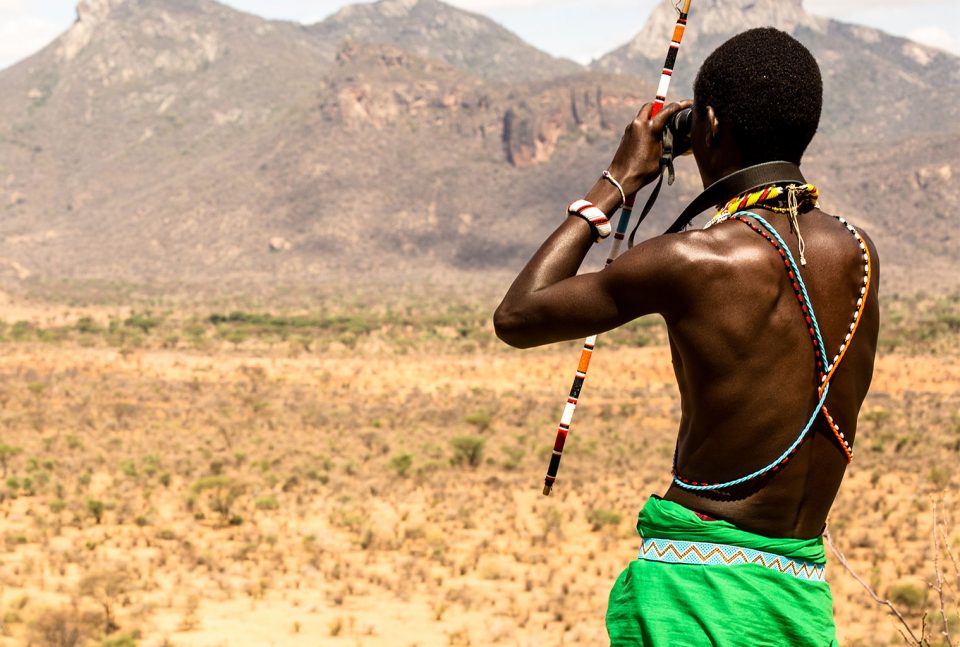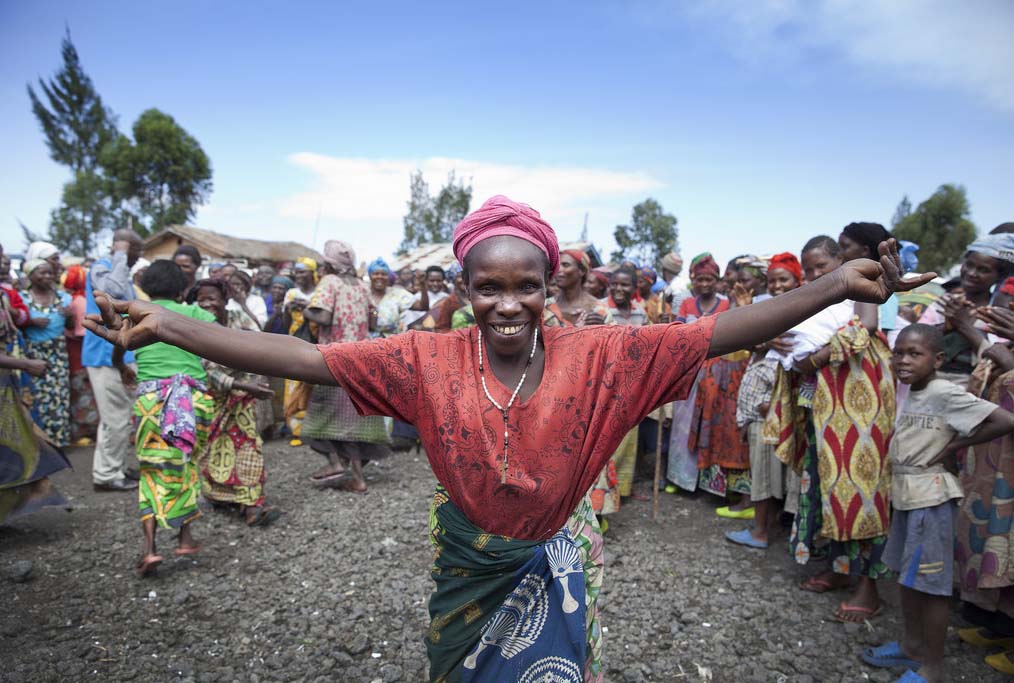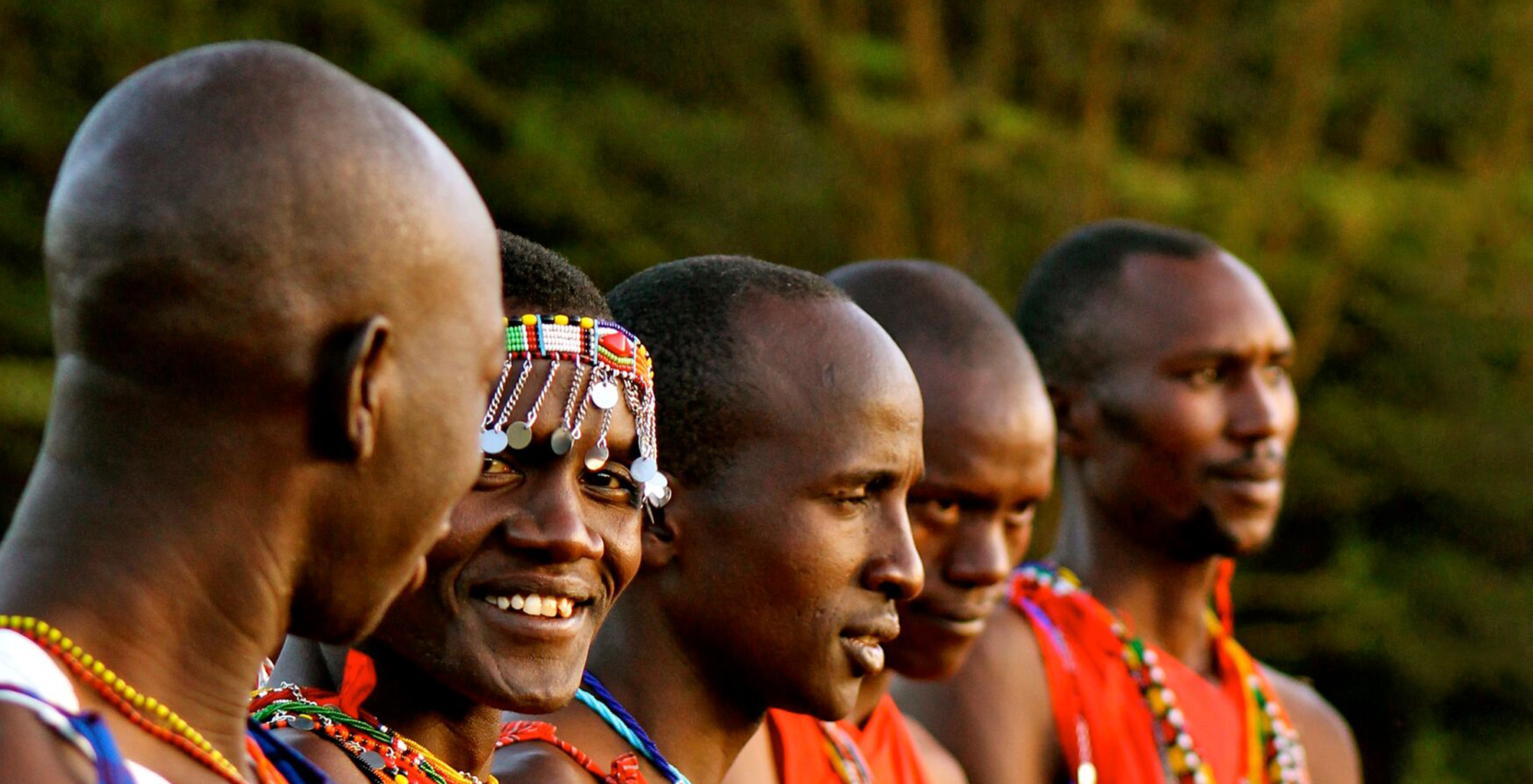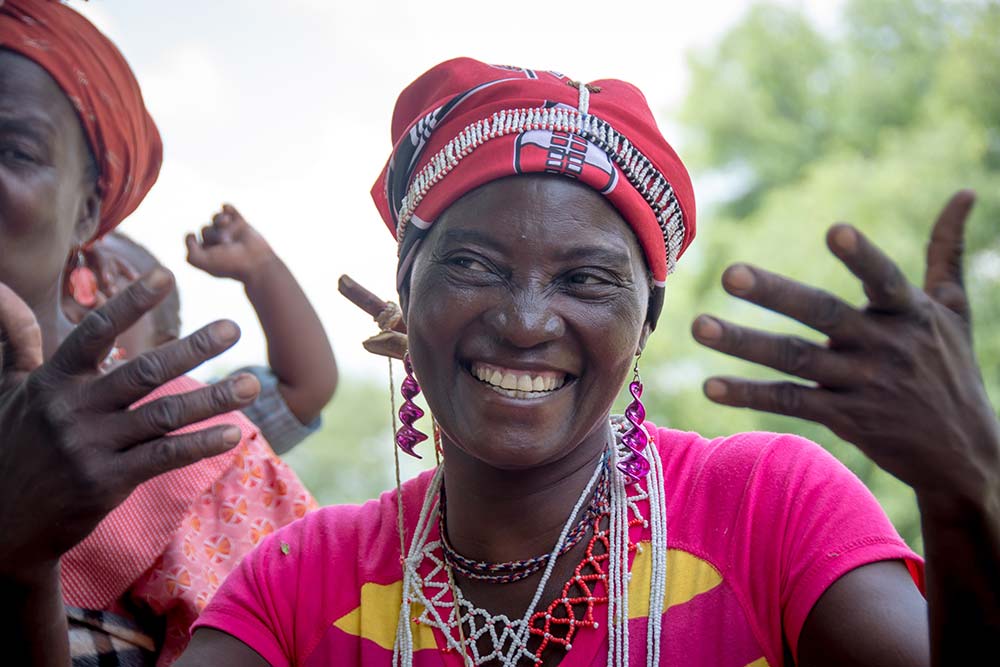We are at a time of crisis, the likes of which we haven’t seen for a generation. Covid-19 has in the space of just a few months wreaked havoc across the globe. This is as true for the not-for-profit sector as it is the public and the private.
However, it’s not permanent. It will pass, and we – like everyone – are working hard to ensure that, when it does, the threat has not done long-lasting damage to the world of Africa-based conservation, much of which is driven by ecotourism.
The lifeblood of African travel
In response to the crisis, Wild Philanthropy has launched the African Tourism Crisis Fund. It is designed to support the very lifeblood of African travel: the local communities who make travelling to Africa such a special experience. They are the custodians of the ecosystems that have served for centuries as their home, and have successfully – mainly through ecotourism – begun to build sustainable businesses, ones capable of providing their people with employment, education and security. As cancellations of travel plans increase and bookings dry up, so the income critical to these communities has already stopped flowing.
bridging the gap
In the likes of the UK, those financially affected by Covid-19 are fortunate enough to be helped by extraordinary economic support packages. Even where these packages have not been made available, traditional welfare systems provide a modicum of support. Currently, the communities the world relies on to protect Africa’s wildernesses have no such support. Bereft of income derived from ecotourism, these communities have nowhere to turn. The African Tourism Crisis Fund is designed to help bridge the gap between the impossible present and a post Covid-19 world, one we hope will focus even more on the positive role business can play in society – especially at times of need.
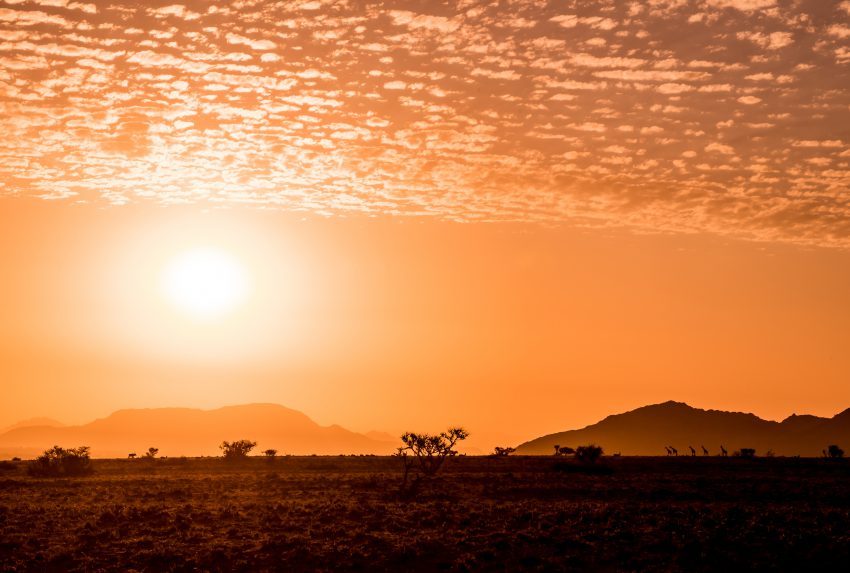
simple, fast, effective
In the interests of working fast, we have had to make some bold decisions in order to get the Fund off the ground. It isn’t perfect, but we want something simple that can immediately make a difference. As such, the fund will operate as follows:
- We will use our extensive network to identify truly community-led tourism organisations.
- We will then make grants of up to $5,000 available to these organisations, which must be used solely to pay local staff or support community projects.
- We will require simple reporting, starting with the details of the employees and the salaries they have been paid by this fund or the community project supported.
We see this as the simplest and most effective way to get money to the people who need it most, and who will then be in the position to continue to protect Africa’s wildlife and habitats. In helping these community businesses survive the crises, so we help the tourism sector protect Africa’s wildlife and wilderness in the long term.
time is of the essence
The Fund is now closed. Over 9 months it achived a lot. On 14 April we set aside $15,000 for our first three grants, of which two were received on the ground on 17 April. By the time we closed the fund on the 30th november 2020 we have allocated $106,611 resulting in the following key impacts:
- Helped protect 228 jobs
- 915 community members supported through community development work
- Supported partners responsible for managing over 896,000 Ha of conservation land
We supported the following organisations: Virunga National Park (Democratic Republic Congo), Tongwe Trust (Tanzania), Mara Conservancy (Kenya), EcoExist (Botswana), Enonkishu Conservancy (Kenya), Hamar Woreda Covid 19 Crisis Fund (Ethiopia), Il Ngwesi Conservancy (Kenya), Masoala Forest Reserve (Madagascar), Tanda Tula (South Africa).
As a continuation, we have launched our African Travel Recovery Fund to support the recovery of community led conservation tourism in Africa.
